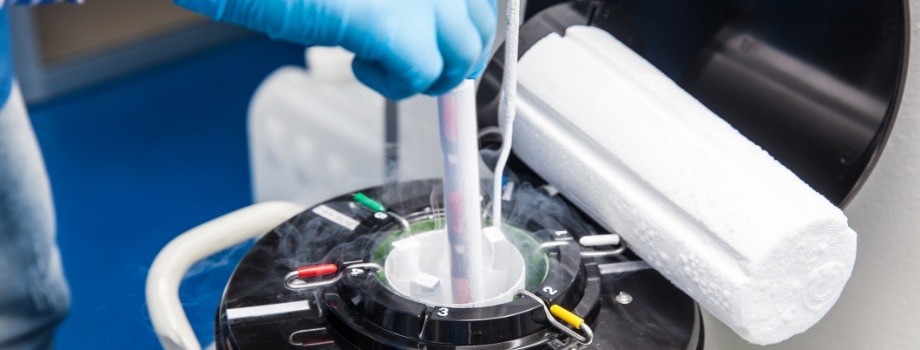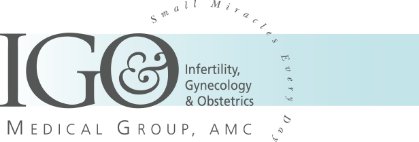Therapeutic Anonymous Donor Insemination

If the male partner suffers from severe sperm problems (extremely low count, no motile sperm, no sperm with normal morphology, sperm without the ability to penetrate the egg, or the complete absence of sperm) or has a genetic abnormality that the couple does not want to pass on to a child, insemination with sperm from an anonymous donor is indicated. Therapeutic Donor Insemination is fairly non‐invasive for the female and can provide a relatively inexpensive (as compared to IVF with ICSI, see below) and less high tech means to achieving pregnancy. By definition, if a sperm donor is used, the resulting child will not be genetically related to the male partner. Consequently, this treatment method should be embarked upon only after careful consideration of the psychological and emotional issues involved. Some couples find this an easy decision, while others are unable to choose this treatment even after careful counseling. This is a very personal choice and each couple must carefully reach their own decision. California law (California Civil Code 7005 entitled "Father of Child Conceived by Artificial Insemination") dictates that, when proper consents are signed and donor insemination is performed under the supervision of a physician, the husband is treated in law as if he were the natural father of the child thereby conceived and that the semen donor is treated in law as if he were not the natural father.
The patient or patient couple selects the sperm donor of their choice from a commercial sperm bank and the specimens are shipped to IGO for storage until used. Sperm donors are very carefully screened with a detailed medical and genetic history, a complete physical exam and extensive laboratory tests. The American Society for Reproductive Medicine and the American Association of Tissue Banks have very specific guidelines for the acceptance of a donor into a sperm bank, the laboratory testing required (especially for sexually transmitted diseases) and the quarantine period for cryopreserved semen specimens. Specifically, these guidelines state that semen must be cryopreserved and the donor must be retested after six months and found to be negative for sexually transmitted diseases before specimens can be released from quarantine and used for inseminations. IGO Medical Group only works with commercial sperm banks that carefully follow these guidelines to minimize any potential risks to our patients.
Patients can select a sperm donor based on whatever characteristics they feel are appropriate. Typically, patients attempt to match for ethnic background, blood type and physical characteristics such as height, weight, and eye and hair color. Insemination is scheduled as close as possible to the time of ovulation. Consequently, home hormone testing kits, laboratory hormone measurements and/or ultrasound measurements may be used to pinpoint the time of ovulation. One or two inseminations are done in any given cycle. Inseminations may be intracervical or intrauterine, depending on the female patient's medical history and any infertility diagnosis. If no infertility factors are present in the woman, pregnancy typically occurs within seven to nine cycles as is found with natural intercourse.
